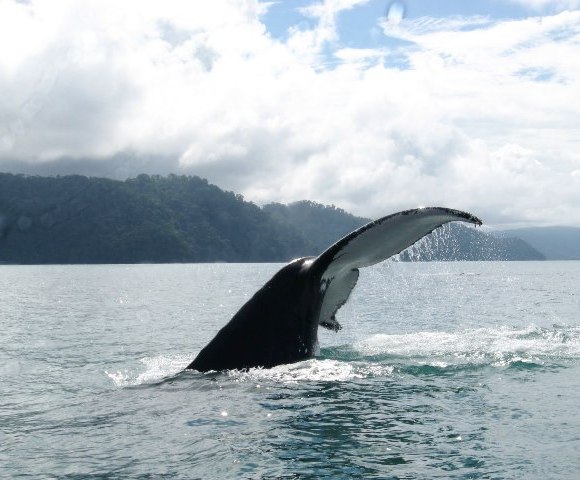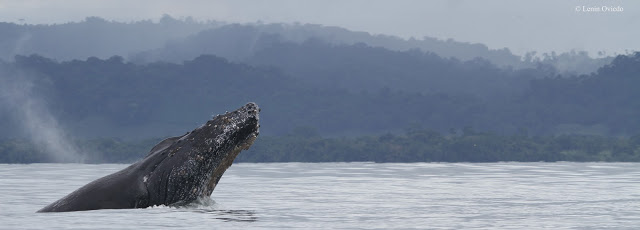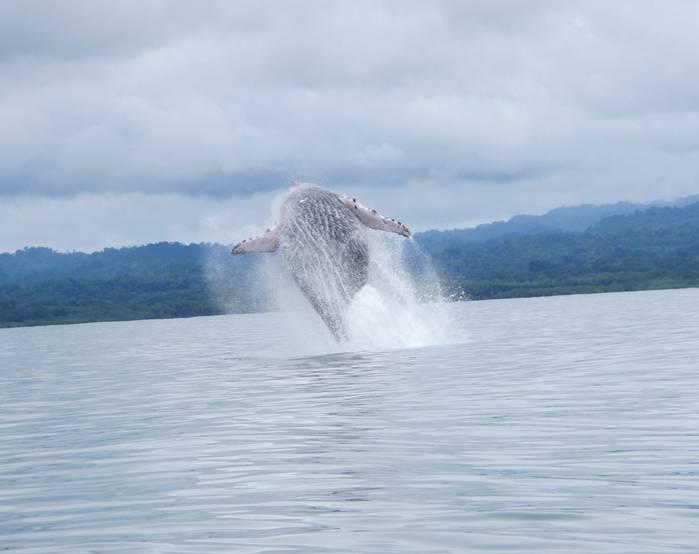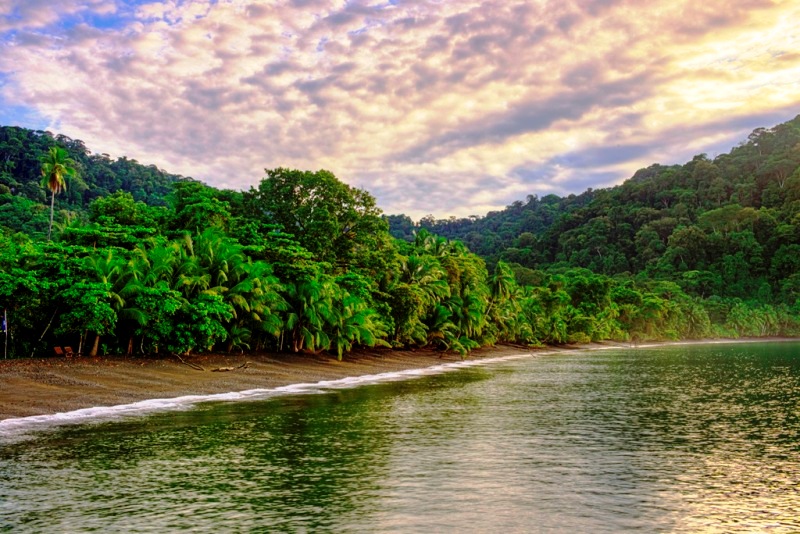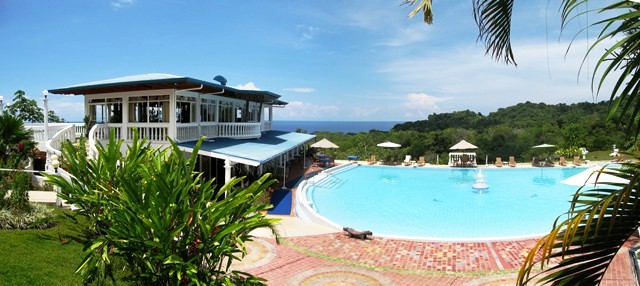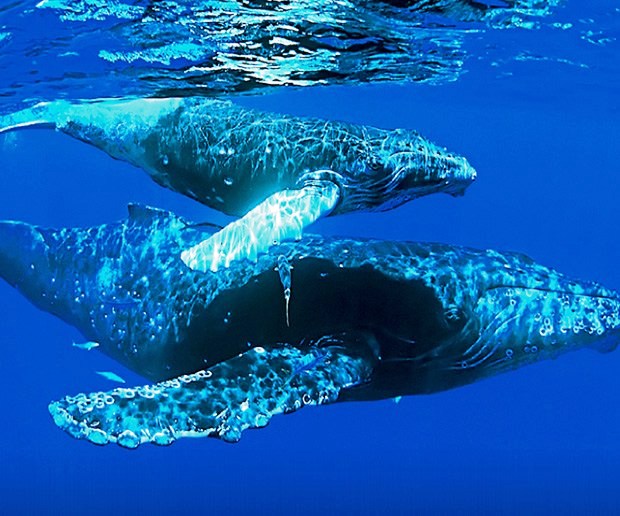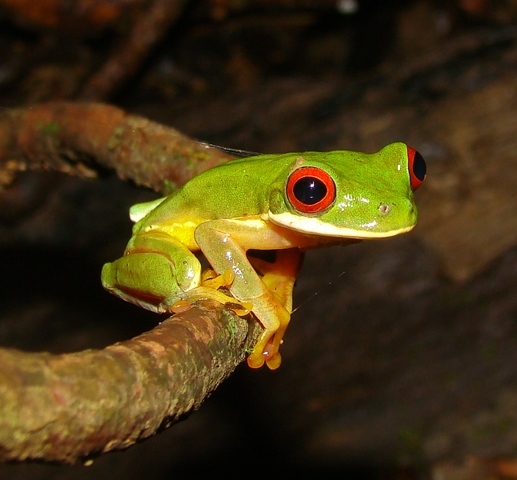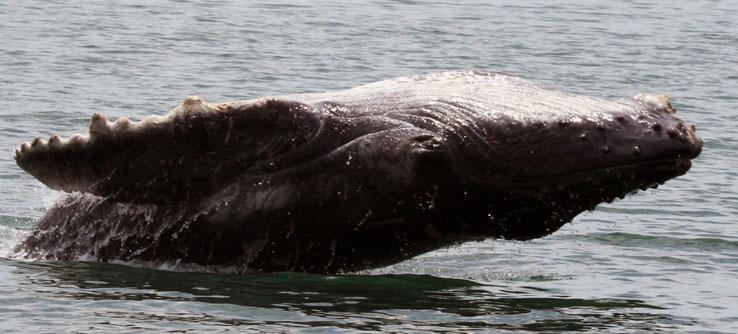
In Costa Rica, there are as many wildlife tours as probably there are kinds of animals in the small Central American country. All of them are very worthwhile, but nearly nothing beats the thrill of whale watching!
There must be something about being in close proximity to a giant intelligent being that is fascinating, especially when we are in such a vulnerable position in a (by comparison) tiny little boat observing these gentle giants on their “turf” … or, rather, ocean.
A real-life encounter with whales is an unforgettable experience for anyone. Starting this month in August, it is time to see humpback whales in Golfo Dulce, Costa Rica.
The tranquil blue waters of this Pacific gulf, between the Piedras Blancas National Park and the Osa Peninsula in southern Costa Rica, will receive the astounding phenomenon of the thousands-of-miles-long migration of Pacific humpback whales. As southern winter turns the seas to ice in Antarctica, southern humpback whales swim north to the Great Barrier Reef of Australia and as far as Costa Rica to its warm tropical waters to breed and give birth.
Golfo Dulce is an important habitat for the endangered whales and is vital to the species’ survival, according to the Center for Cetacean Research of Costa Rica (CEIC). You can see the whales on whale watching tours in Golfo Dulce from August to October.
Whale watching in Golfo Dulce, Costa Rica
Don’t miss the 2015 season for whale watching in Costa Rica. Stay in a real Costa Rica eco-lodge and enjoy daily whale watching tours at Playa Nicuesa Rainforest Lodge. Located in the pristine rainforest on a remote beach of the warm water gulf, the award-winning sustainable tourism hotel in Costa Rica offers boat tours to see the whales, dolphins and other marine life. Rainforest tours in their 165-acre private preserve bordering the Piedras Blancas National Park let you explore the jungle and see amazing wildlife.
Facts about humpback whales
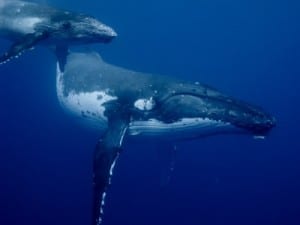 Humpback Whales are an endangered species with international government-protected status.
Humpback Whales are an endangered species with international government-protected status.- Humpback whales are named for the prominent hump on their backs.
- The baleen whales can grow to be 56 feet long and weigh up to 40 tons
- They live a long life to about 45-50 years old.
- Babies (or “calves”) are born after an 11-12 month gestation period.
- Humpback whales are easy to spot since they live at the ocean’s surface.
- Humpbacks swim slowly and are known as the “acrobats of the sea” for their great displays of jumps and splashes (breaching).
- Male humpbacks are famous for singing long, complex mating “songs”.
Article by Shannon Farley



